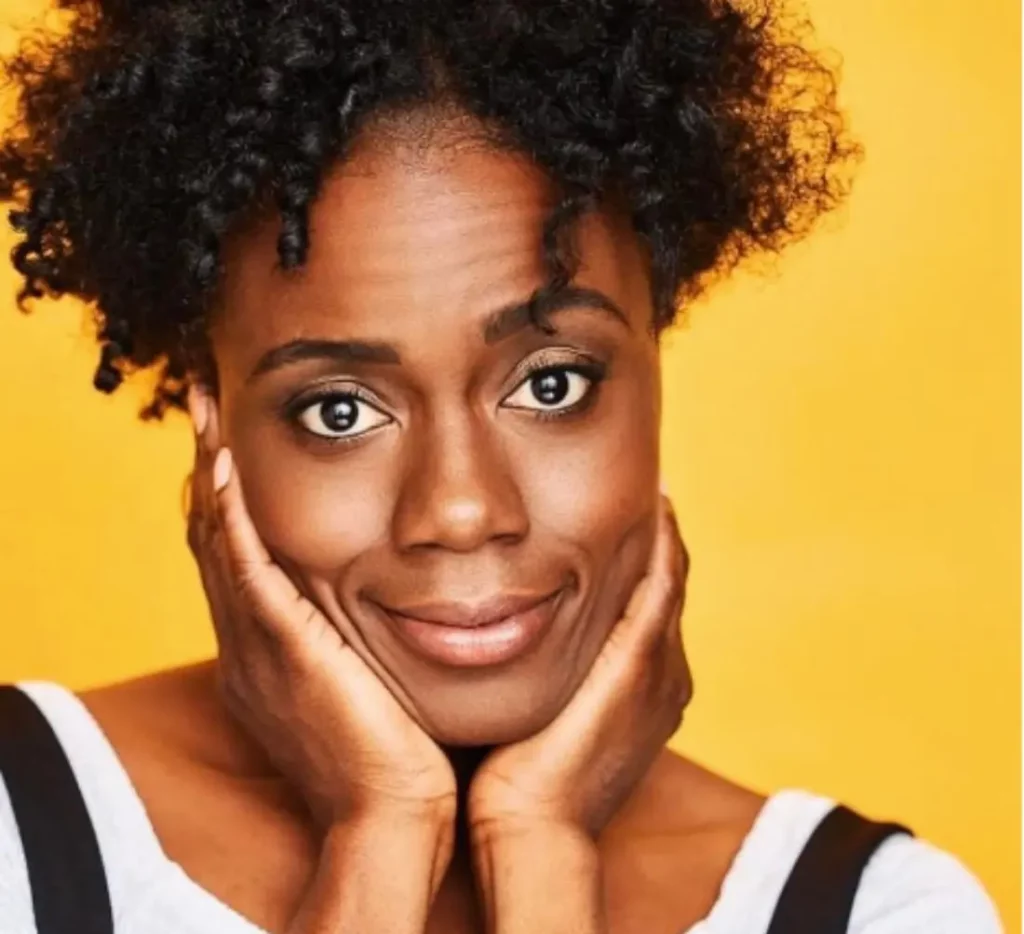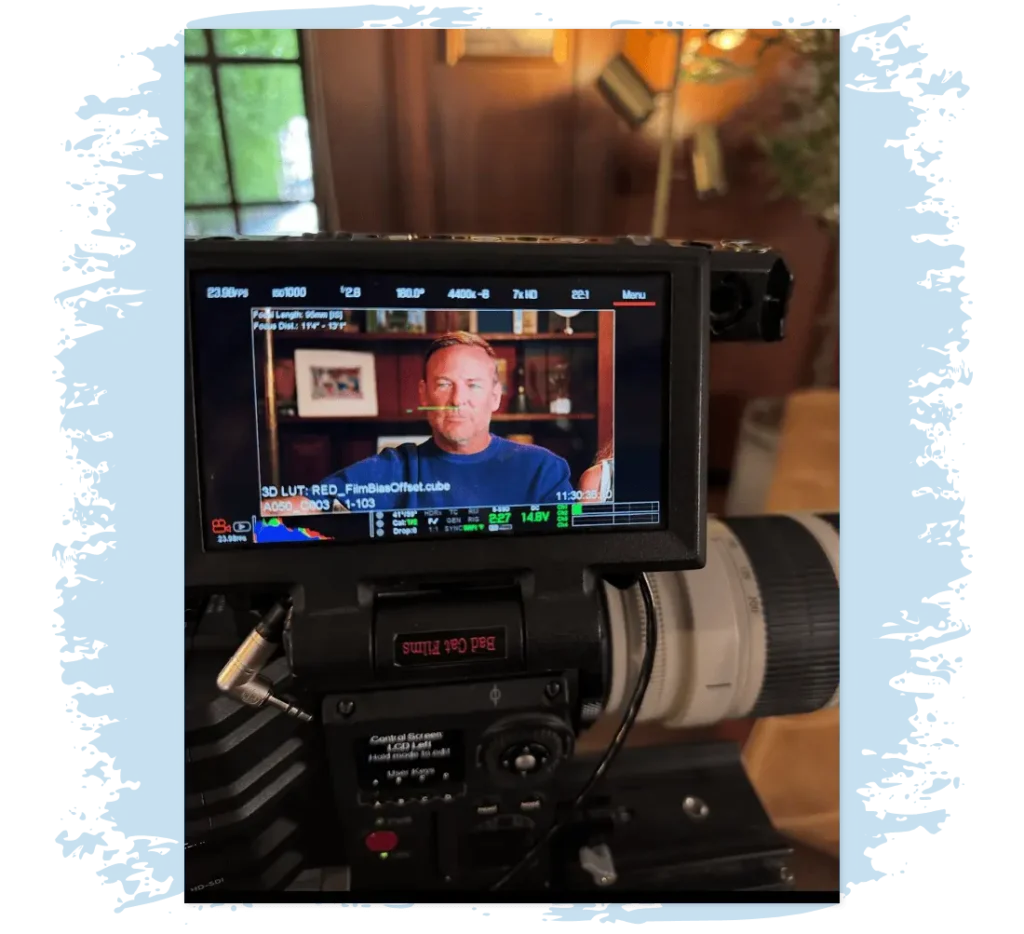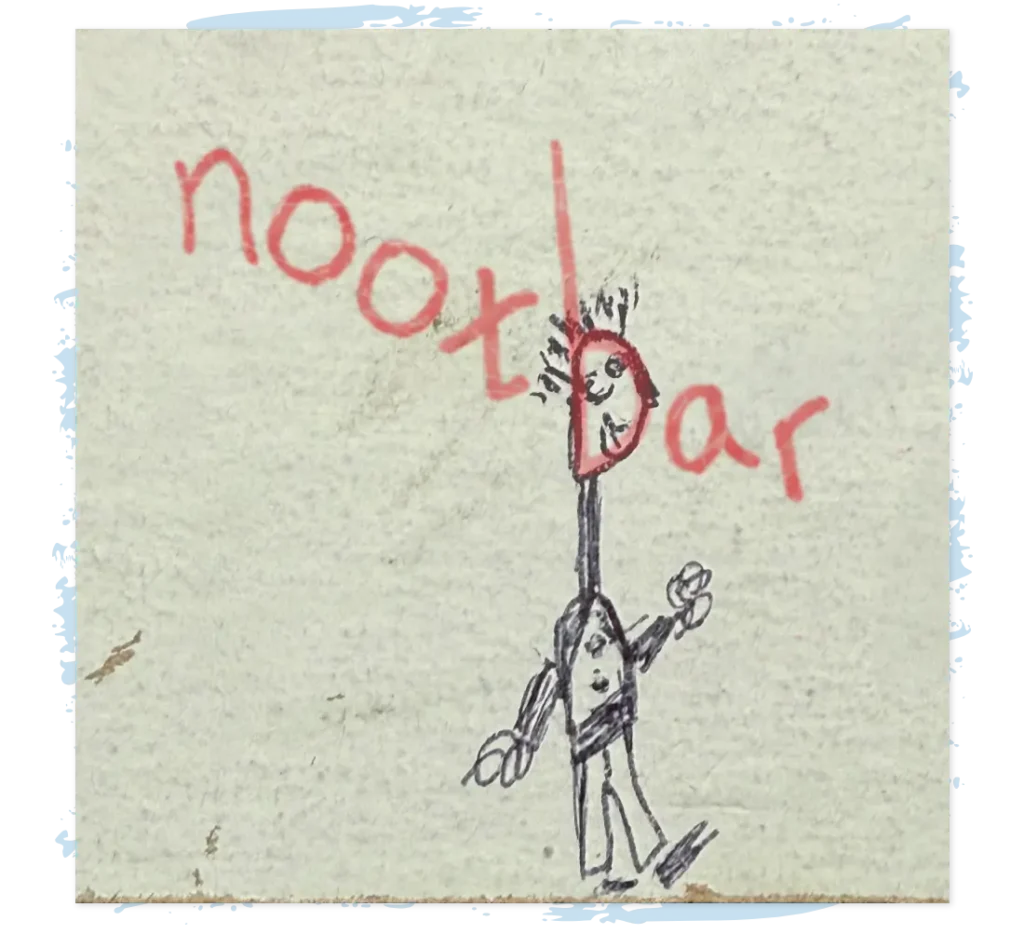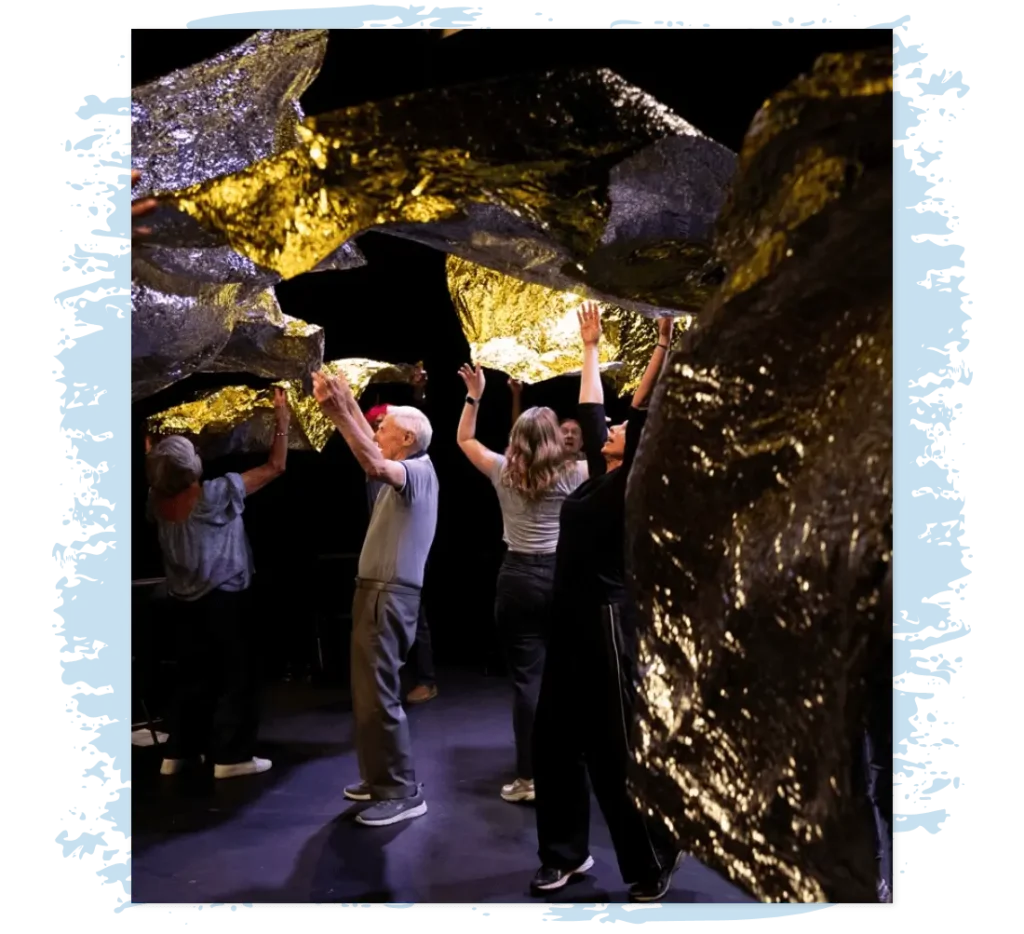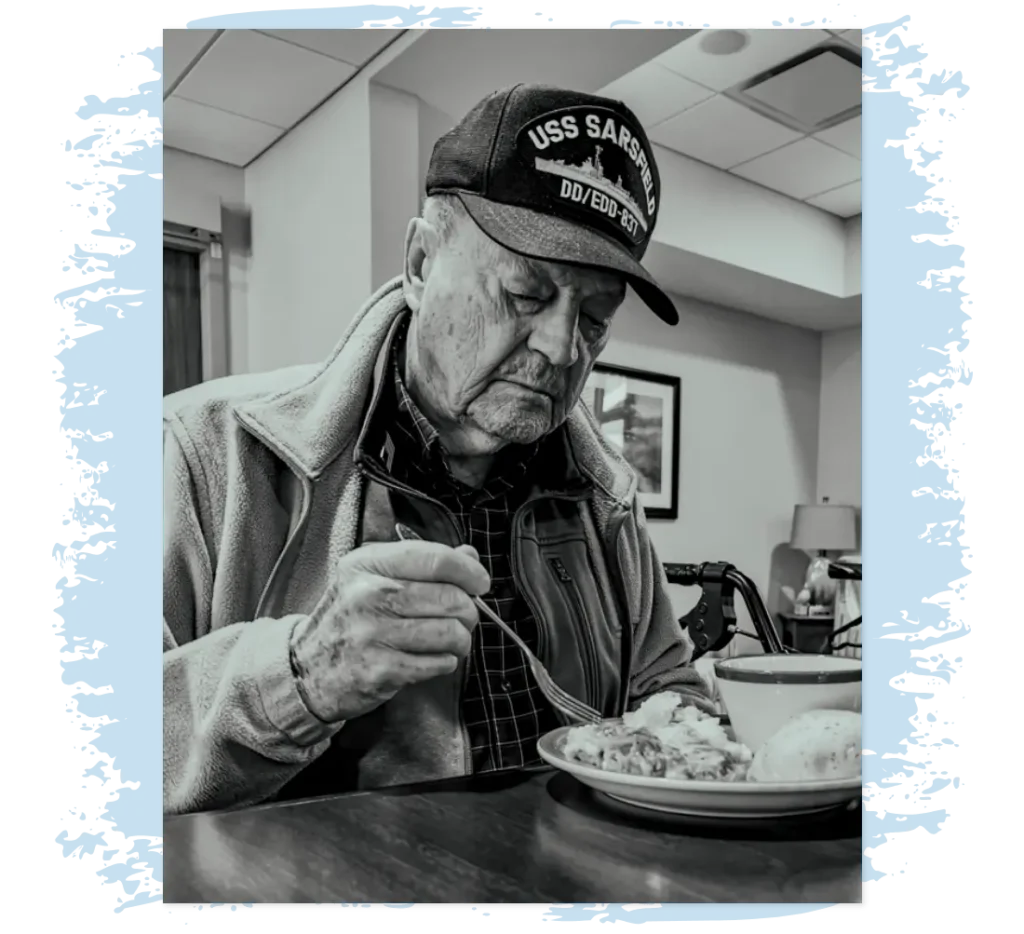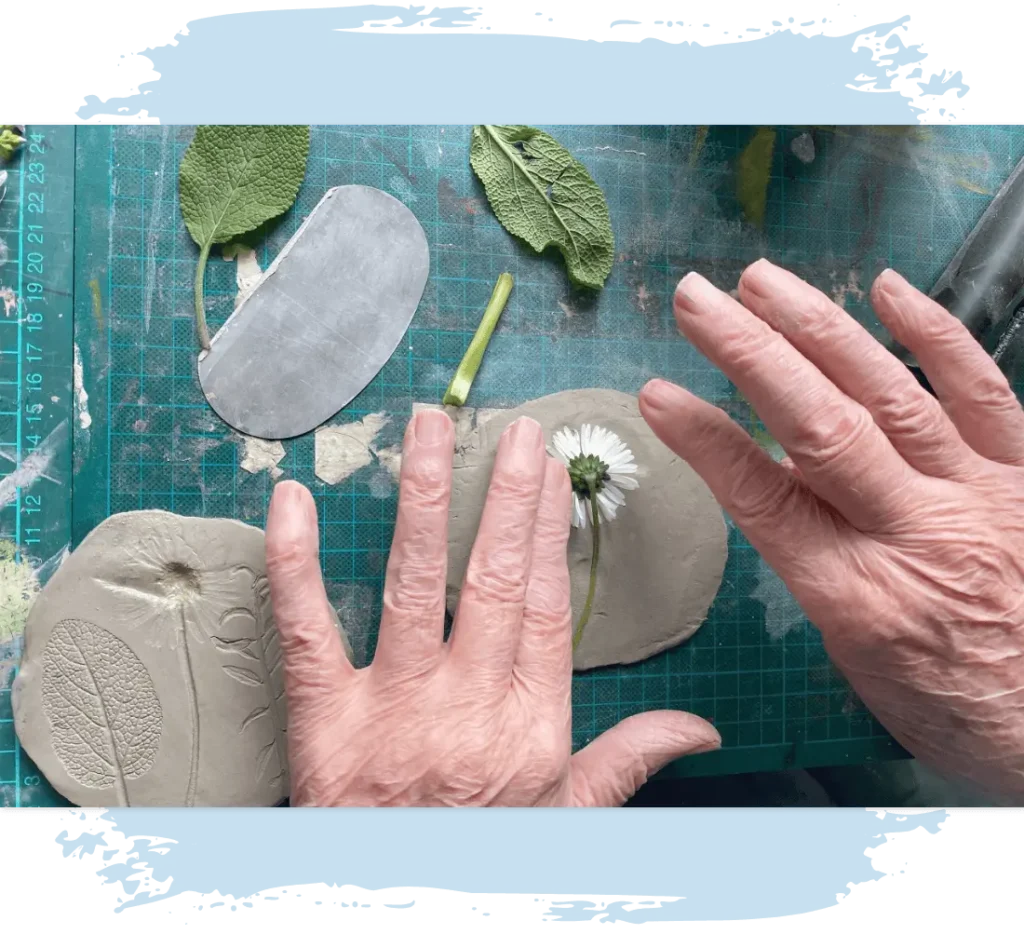How do you describe Finding Your Laughter?
Finding Your Laughter is a personal documentary film showcasing the use of improvisation in dementia care and my experience applying those principles to care for my father, Milton. The rule of thumb: I agree with everything my Dad says, and I use those skills I’ve learned through improv to participate in his world.
What is so dope about Dementia Spring is that I am surrounded by people who understand what I am experiencing as a caregiver, as an artist, and as a grieving daughter.
Arlieta Hall
What does it mean to you to have received the Dementia Spring Arts Impact Award? How has the award furthered your work?
Receiving the Dementia Spring Arts Impact Award, for me, means having a community that supports me as a caregiver and an artist. What is so dope about Dementia Spring is that I am surrounded by people who understand what I am experiencing as a caregiver, as an artist, and as a grieving daughter.
As a first-time filmmaker, it has been tricky to fund the film. However, in receiving the Dementia Spring Arts Impact Award, we were able to return to the edit room and work on the film.
What impact do you hope your dementia-related art work will have on the community?
I am excited to connect with our core audience of caregivers as well as the healthcare community to advance our project so together we can write a new narrative around Alzheimer’s and dementia.
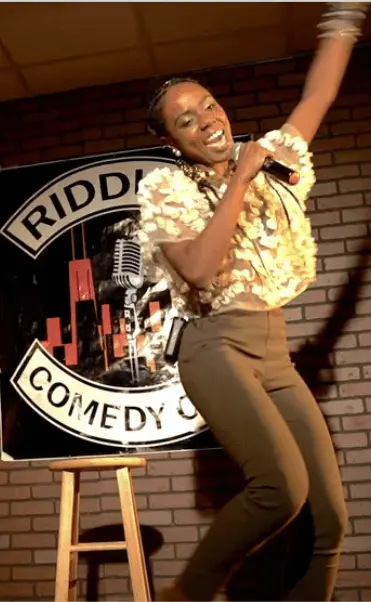
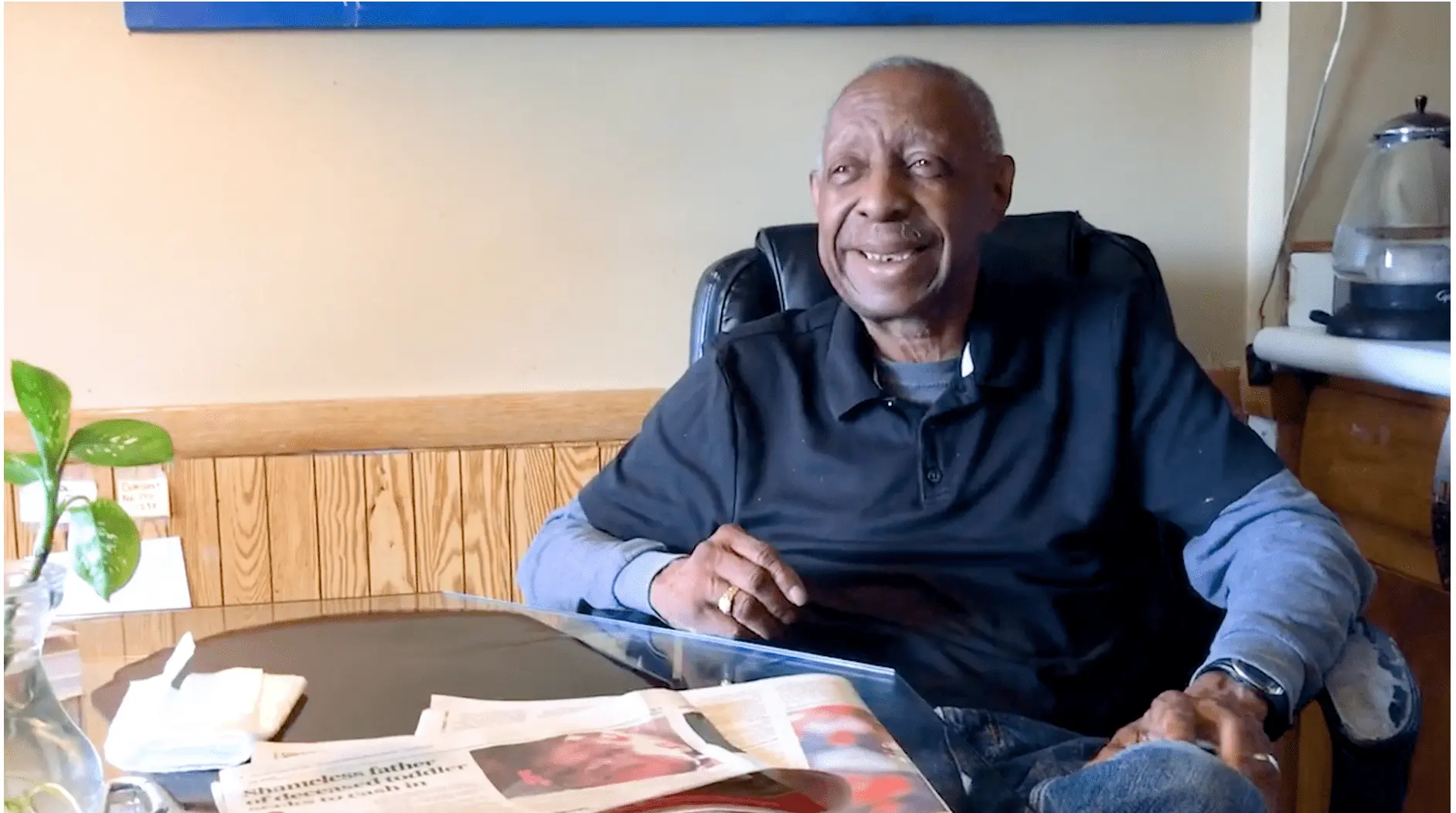
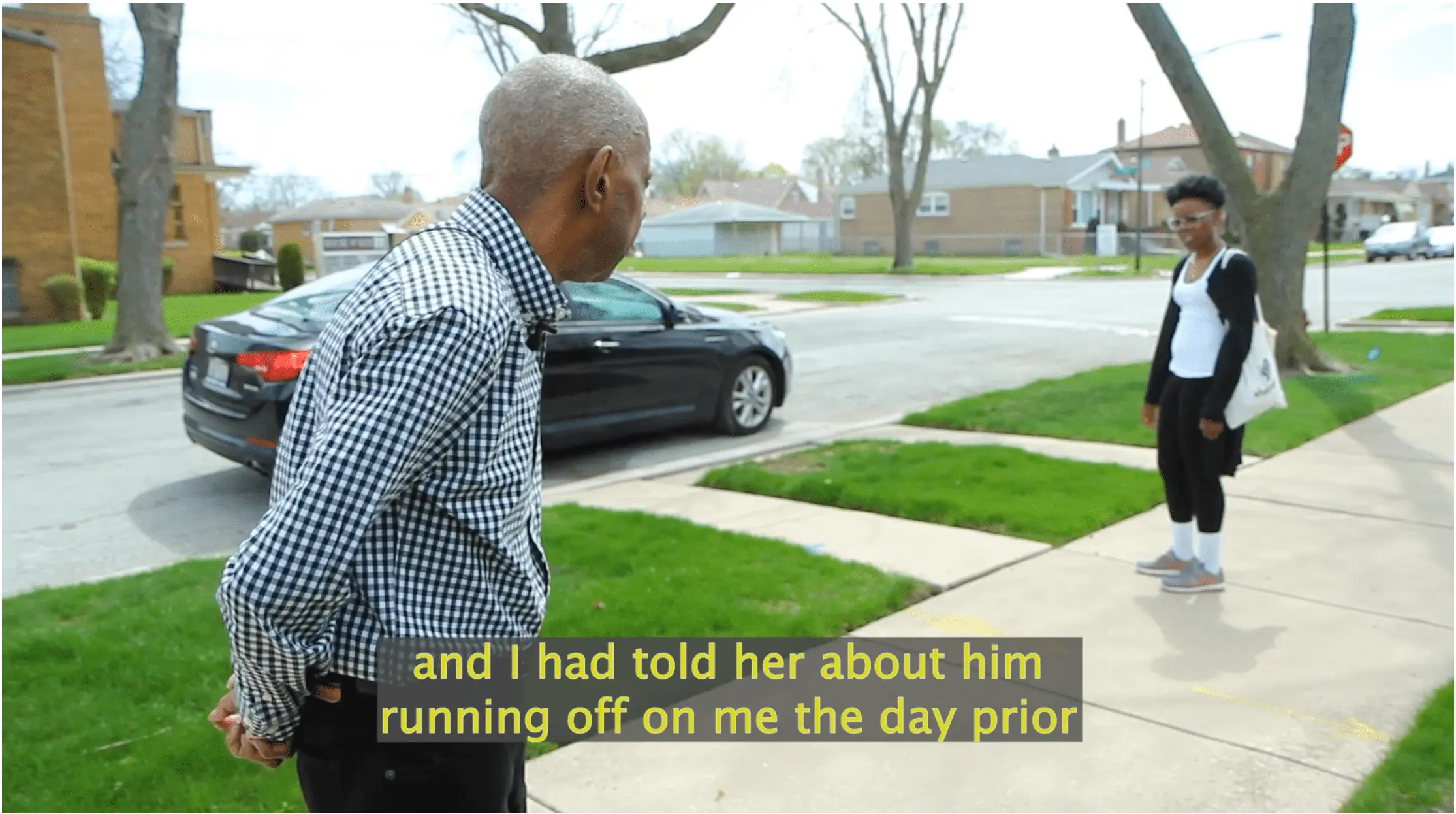
What or who initially inspired you to grapple with dementia?
When my father wandered off on me for the first time, I was scared, hurt, and cried to my mother about it. My mother started laughing and said: “I’m sorry, but this is just so funny.” I went to an open mic later on that night and I didn’t have any material. I told the audience I was a caregiver for my father, who is a person living with Alzheimer’s on the southside of Chicago. And then I detailed how my father wandered off on me. The audience laughed and people came up to me after the show stating how they had loved ones with dementia and Alzheimer’s. The audience members stated they loved that I used humor and that they could relate to my story. At this moment, I realized that I am not the only one dealing with this—and that I have to share my story.
What advice do you have for other artists who are telling stories of dementia through their work?
My advice for anyone wanting to tell their story about dementia is to tell it in the art form that best suits you. It’s a tricky experience that we don’t talk about enough. The more stories shared around dementia and Alzheimer’s, the more we can bring awareness and a path to acceptance
This work is dedicated to: Milton Hall
Find more on Arlieta Hall and Finding Your Laughter visit the website, Facebook, or Instagram. You can also learn more about all the Dementia Arts Impact Award Recipients.

